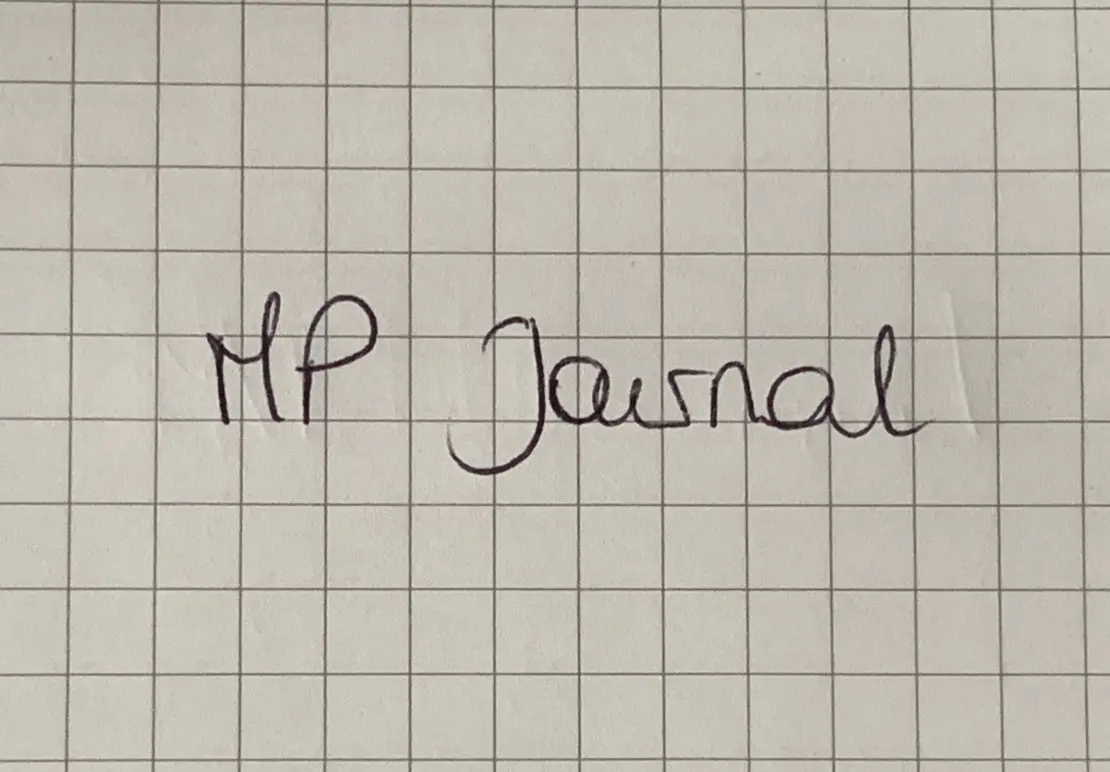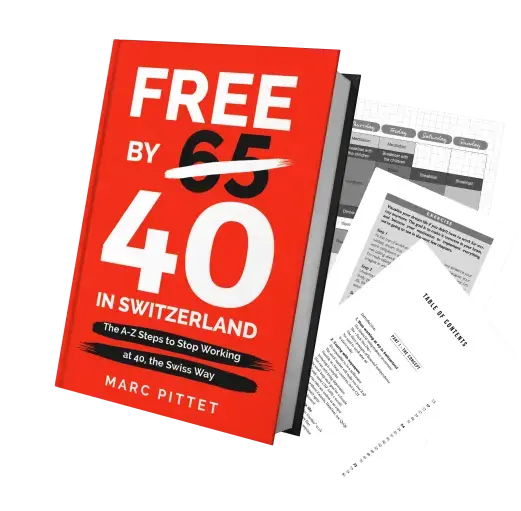If I had to attribute 80% of my professional, personal, and financial successes to a single habit… it would be reading.
Thanks to books:
- I started with an apprentice’s salary of CHF 1'500. Then I exceeded CHF 10k per month.
- I built up this blog and my projects to generate hundreds of thousands of CHF.
- I invested CHF 860,000 in the stock market from scratch.
- I’ve bought 5 properties.
- And most importantly… I’ve also gained in health and depth in my interpersonal relationships.
But I face a recurring problem with my reading: which book to choose next from the hundreds I have stored in my “antilibrary”?
What is an antilibrary?
An antilibrary is a library of unread books, deliberately built up to remind you of everything you don’t know… and to serve as a storehouse of knowledge when you need it.
The aim is to fill it with any book that sparks your interest. Without worrying about having “too many” books to read.
One of the principles behind antilibrary to solve my problem of “which book to choose” is to wander around your bookshelf, and let the books fight for your attention and curiosity. And so you choose the one that pulls at you the most at any given moment.
Except that I regularly have too many professional and personal projects on the go AND in parallel (and this may be one of the roots of the problem… “The One Thing” anyone hehe?)
As a result, I always have trouble choosing my next book…
A few years ago, rather than picking at random, I thought I’d better structure my reading choices by quarter.
The reading quarter focus
A reading quarter focus is the act of choosing a subject or area about which you’re going to read several books in a row.
This focus of attention will enable you to do three main things:
- Better retain what you read, because you’ll be digging deeper into a subject rather than jumping from one book topic to another
- Deepen your understanding of the subject, because you’ll be reading complementary and contradictory things that will force you to think about the subject and ingest the information
- Give yourself time (3 months) to put the concepts you’ve read into practice, so you can anchor what you’ve learned in your routine
And so, last Sunday, as I finished a quarter of reading about SaaS (for our FI Planner tool under construction), I wondered what I was going to focus on after the summer vacations…
So I listed all my areas of interest these days, being specific and concrete.
For example, if I’m looking to meet more people in real estate to find more rental property opportunities, I’ll make a note:
- By the end of December this year, I will have met 10 new people active in real estate development in the district of the canton where I live — rather than vaguely describing: “meet people in real estate in the canton of Vaud”
- To do this, I need better knowledge of networking and how to break the ice when talking to new people for the first time
I’ve done this same exercise for each of my current projects, listing all the interesting things I could learn, and thinking back to all the books I could read…
But, once again, I felt overwhelmed by all the choices…
That’s when I came up with this simple 3-step method to decide what I was going to focus on for the next three months.
My 3-step method for choosing what to read next
For each of the topics you want to delve into during your next reading term, you need to ask yourself these three questions (1 = not very much, 5 = a lot):
- Impact — In 6-12 months, would this topic greatly accelerate your results? (1 to 5)
- Energy — Are you curious about getting into it now? (1 to 5)
- Timing — Can this subject wait 3 months? (1 to 5)
Then, you multiply the three scores. And the highest score wins.
For example, in my case:
- For real estate networking: Impact 5, Energy 3, Timing 5 = 75 → priority.
- To improve technical aspects of my blog: Impact 3, Energy 5, Timing 3 = 45 → this can wait.
Enter ChatGPT and my antilibrary
Then I wrote the following message in ChatGPT:
Next quarter I want to focus on networking, specifically how to break the ice when approaching new people. I have all the books below in my antilibrary. Can you tell me which ones would be useful for my goal? And if you see others that are even more relevant, let me know too! /// [Copy and paste your book list here…]
And ChatGPT has come up with a top 3 list of the best books for my learning goal. Check! ✔️
So I’ll let you try out this method for yourself, and in the meantime, I’ll get back to my learning and personal enrichment (on all levels).
What about you? What’s your method for choosing your next book… or do you leave it to chance?
PS: if you’re lacking inspiration these days, I recommend my “Top 10 personal finance books”.
Credit header image: Unsplash





Last updated: August 14, 2025